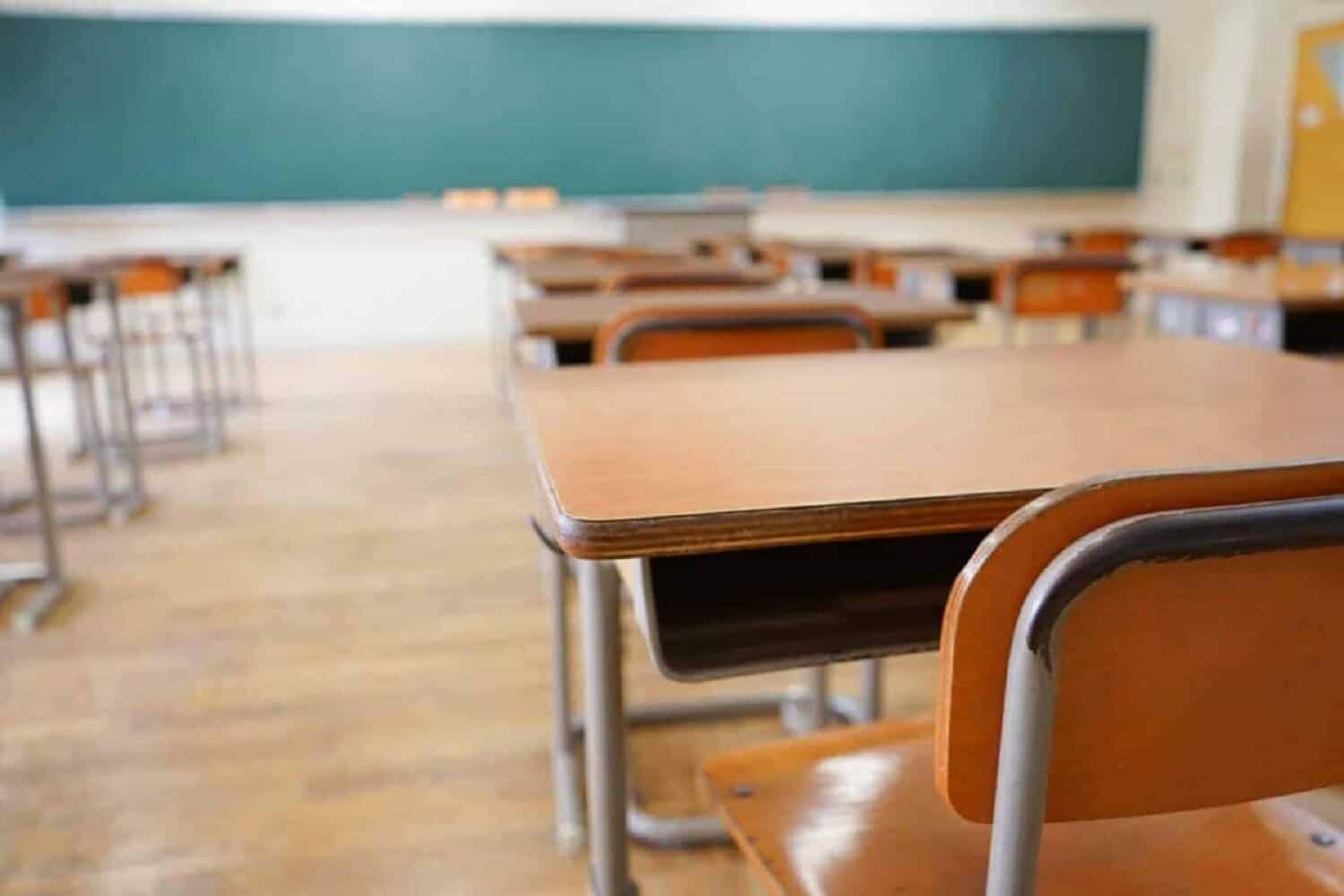
In many schools, there is a lack of access to computer, electricity or internet connectivity in classrooms, making it impossible to apply the course.
Gauteng Pupils is missing from significant technology education due to a significant decrease of teachers for coding and robotics, information technology (IT), and computer application technology (CAT).
This crisis was revealed for the questions presented in the Gauteng Provincial Legislature in a written response by Gauteng Education Mat Matome Chiloane.
More than 370 technical teachers vacancies
According to the Legislature, seen by citizenThe province currently has a shortage of 300 teachers for coding and robotics, 36 for it and 35 for CAT.
Da Gauteng spokesperson for education, Michael Waters said that these subjects are necessary to equip students for the demands of the digital economy.
“This is unacceptable because learners are being abandoned in the preparation of future workplaces which are rapidly dependent on new technology,” the Waters said.
However, lack of qualified teachers and resources has been threatened to overcome Gauteng’s efforts to create a ready workforce for the future.
Also read: From class to boardroom: How SA companies are doing future proofing talent pipelines through inquiry
Policy implementation interval
Waters claimed that the lack of teacher means that Gauteng is failing to follow the National Education Policy, which determines that coding should be introduced from grade R.
“If the premiere Lesufi is serious about increasing the technology workforce in Gauteng, his government should start investing in infrastructure gaps and teachers shortage,” the Waters said.
He warned that with the hope of retiring almost all existing teachers within the next decade, immediate action is required to avoid further disruption in important learning areas.
Also read: DF Malan is ruling as a win for education expert school autonomy
Basic structure challenges
Beyond the shortage of teachers, there is a shortage of infrastructure to support IT education in many Gauteng schools.
In many schools, classes do not have access to computer, electricity or internet connectivity, making it impossible to implement the course effectively.
“The digital economy is steadily accelerating the growing pace, while Gauteng learners are left behind.”
Waters said that the DA-led Gauteng Sarkar would prioritize investment in the infrastructure of the school and to ensure that every student be recruited to ensure access to IT-related subjects.
He said, “We will also give priority to the early roll-out of Gauteng Broad Band Network to all schools to be connected to the Internet.”
Now read: KZN Shiksha Slams Violence at Education Laken Secondary School
